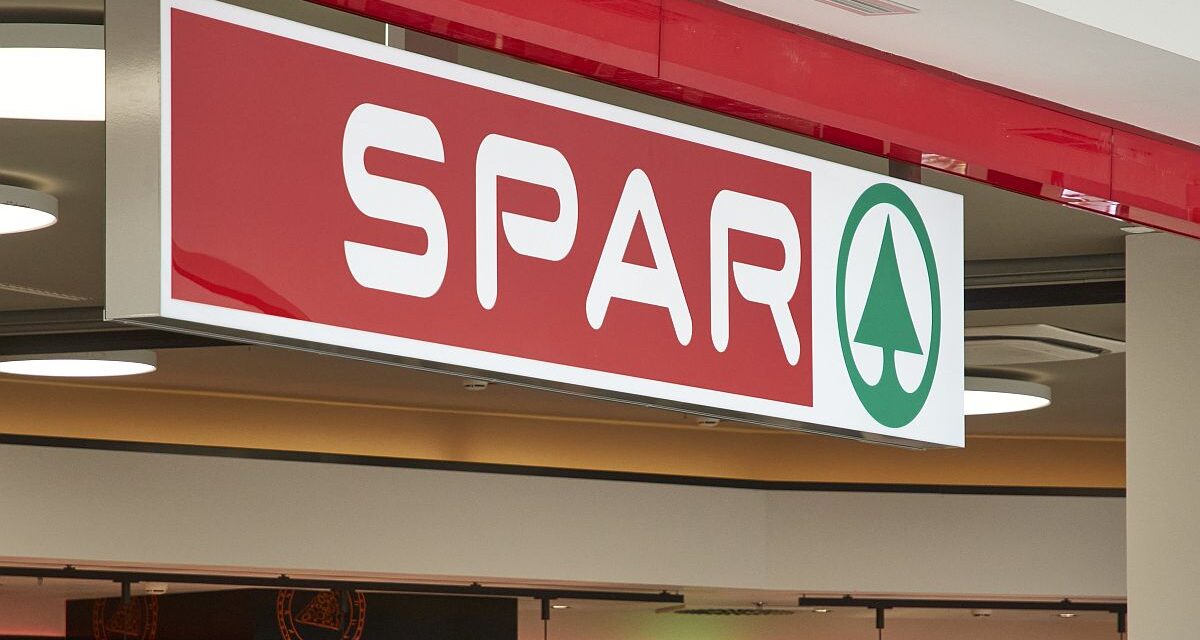Times are not good for Spar: it is making a loss, and the management would hide this by attacking the government on several fronts. The international company accuses the cabinet of uncivilized behavior due to the announced patriotic economic policy.
The most radical critics of the system change process warned from the very beginning that instead of ideological oppression supported by weapons, the age of economic compulsions had come. The Zeitgeist of the time did not permit any deviation from the Washington consensus or fever dreams of a third way. Under the slogan of the free market, they denied that the process involves economic self-surrender and a partial loss of our sovereignty.
Today, we are paying for the proliferation of neoliberalism, the Spar scandal is also about this.
The saying "banks replaced tanks" thirty years ago does not directly refer to trade and the media, although these two sectors, along with finance, are equally key mediating areas that can be used to dominate certain areas of a country.
In the years that have passed, it has been proven that the ceding of retail trade three decades ago made both the Hungarian consumer and the Hungarian supplier vulnerable to Western capital structures.
They brought in a commercial technology developed over decades that allowed them to reap the benefits from both sides and maximize their profits. As long as their business model has worked.
Profit at all costs
From the point of view of the consumers, at the time of the system change, it seemed that the new cathedrals of commerce had arrived here too, where everything was available, moreover, the continuous promotions gave the impression that the interests of the customers were being served by the fact that the prices were lower in some cases. The abundance of goods prompted us to fill the baskets, and the consumer, lured by a few cheaper products, didn't even think about the fact that he spent much more than if he had bought at the corner store.
If we only take the last few years, many consider the food trade to be the main cause of Hungarian inflation.
It is a fact that the market players did not have the interests of the consumers in mind, and the food chains benefited the most from this. Between June 2021 and February 2024, food inflation was officially 56 percent, but many products saw price increases of 80-90 percent. Riding the wave of global inflation following the pandemic and then the Russian-Ukrainian war, the store chains priced their products much higher than was justified, i.e.
cap inflation contributed significantly to the significant price increase.
It should be seen that when the government introduced official prices, the majority of retail chains, including Spar, reduced the supply of regulated goods and overpriced substitute products.
Last year, the Makronóm Blog continuously compared prices in chain stores until the introduction of the Price Monitor. In March, we also examined how prices developed in Komárom on both sides of the border. We found that even with an exchange rate of HUF 378/euro, it was more worthwhile to shop in Hungary. Interestingly, this turned around by autumn, and almost all goods were worth more to buy in Slovakia. At that time, the Hungarian economic policy was already actively involved in the fight against inflation, but even though the forint began to strengthen, the retail chains were pricing as if one euro cost 420 forints.
There is another twist to the process: it seems that the Price Monitor and the mandatory campaigns have had an effect, but food inflation is still present on the Slovakian side.
There is no longer a significant difference, only eleven of the twenty-five examined items had a more favorable price in Slovakia, interestingly, mainly vegetables. Meat and daily menus are up to 20 percent cheaper in Hungary.
The entire article can be read on Mandine!
Featured image: MTVA/Commissioner: László Róka













